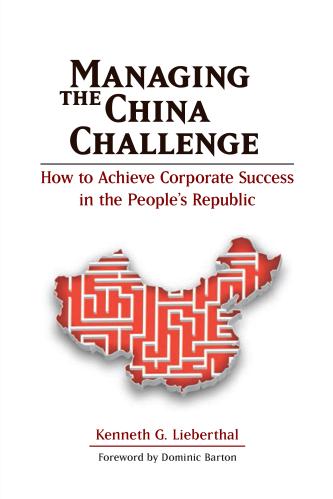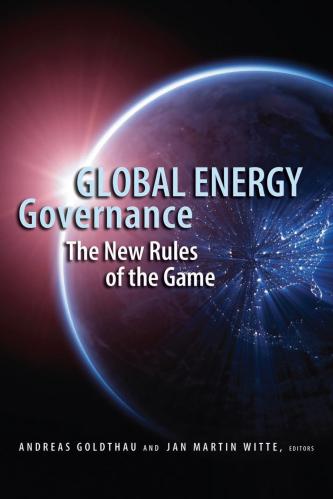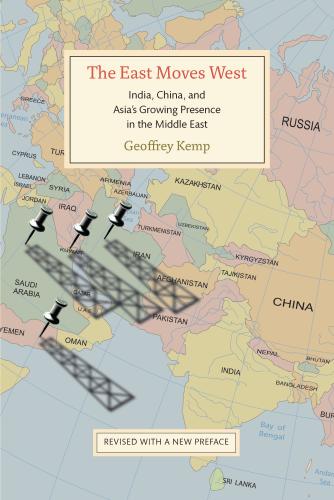What’s the latest thinking in fiscal and monetary policy? The Hutchins Roundup keeps you informed of the latest research, charts, and speeches. Want to receive the Hutchins Roundup as an email? Sign up here to get it in your inbox every Thursday.
Nonprofessional investors pay attention to news on inflation
Nonprofessional investors pay attention to news on inflation, and they do so asymmetrically and sluggishly, according to Stefan Nagel of the University of Chicago and Zhen Yan of Arrowstreet Capital. When five-year market-based inflation expectations increase, as measured by inflation swap rates, individual investors increase allocations toward Treasury Inflation-Protected Securities (TIPS) exchange-traded funds (ETFs) and withdraw money from nominal Treasury ETFs. Investors allocate more money to TIPS ETFs when five-year market inflation expectations rise, but do not make withdrawals when expectations fall. These responses occur with a lag; after market-based expectations increase, flows to TIPS ETFs increase over the subsequent four months. Prominent events that could have implications for the future outlook, such as major political events or, to a certain extent, Federal Reserve policy announcements, also affect household investing behavior.
Tax penalties discourage firms from laying off workers during downturns
Employers pay higher unemployment insurance taxes when they lay off more employees. Examining differences among states, Mark Duggan of Stanford, Audrey Guo of Santa Clara University, and Andrew Johnston of the University of California, Merced, find that this “experience rating” system leads firms to lay off fewer employees during economic downturns than they otherwise would. While industries with a lot of seasonal employment, like construction and transportation, were undeterred from layoffs during economic contractions, tax penalties in “low risk” industries like education and health care substantially mitigated layoffs. On average, firms pay $89 extra in taxes per employee when they lay off 10% of their workforce. This penalty reduces employers’ downsizing by 9%, which the authors estimate saved nearly a million jobs during the Great Recession. Lastly, they find no effect on the number of workers firms hire during economic expansions. As a result, tax penalties increase total employment over the business cycle, reducing unemployment during negative economic shocks while leaving hiring unchanged during periods of growth.
Chinese credit policies have sizable spillovers on global growth
Chinese government policies that boost or contract credit supply through levers such as bank loans, shadow credit, and local government bond issuance have large effects on global economic activity, find William L. Barcelona, Danilo Cascaldi-Garcia, Jasper J. Hoek, and Eva Van Leemput of the Federal Reserve. Previous research on the Chinese economy has been hindered by implausibly smooth official GDP statistics. To work around this, the authors construct an alternative measure of Chinese GDP using data sources such as property markets, auto sales, reported exports to China from other countries, satellite nighttime lights, and pollution. While China’s financial markets are relatively isolated from the rest of the world, the economic impulse caused by credit expansion induced by Chinese authorities increases domestic demand, thereby raising global growth prospects, decreasing aggregate risk aversion, and expanding global asset prices and credit. A policy-initiated increase in China’s credit availability equivalent to 1% of GDP increases global GDP outside of China by 0.3% and raises global trade excluding China by 1%, with lagged responses peaking 18 months after the central bank’s credit supply expansion.
At near $85 per barrel, crude oil approaches year-to-date lows
 Chart courtesy of MarketWatch
Chart courtesy of MarketWatch
Quote of the week:
“Monetary policy affects the economy and inflation with uncertain lags, and the full effects of our rapid tightening so far are yet to be felt. Thus, it makes sense to moderate the pace of our rate increases as we approach the level of restraint that will be sufficient to bring inflation down. The time for moderating the pace of rate increases may come as soon as the December meeting,” says Jerome Powell, Chair of the Federal Reserve.
“Given our progress in tightening policy, the timing of that moderation is far less significant than the questions of how much further we will need to raise rates to control inflation, and the length of time it will be necessary to hold policy at a restrictive level. It is likely that restoring price stability will require holding policy at a restrictive level for some time. History cautions strongly against prematurely loosening policy. We will stay the course until the job is done.”
The Brookings Institution is financed through the support of a diverse array of foundations, corporations, governments, individuals, as well as an endowment. A list of donors can be found in our annual reports published online here. The findings, interpretations, and conclusions in this report are solely those of its author(s) and are not influenced by any donation.
The Brookings Institution is committed to quality, independence, and impact.
We are supported by a diverse array of funders. In line with our values and policies, each Brookings publication represents the sole views of its author(s).












Commentary
Hutchins Roundup: Nonprofessional investors, employee downsizing, and more
December 1, 2022